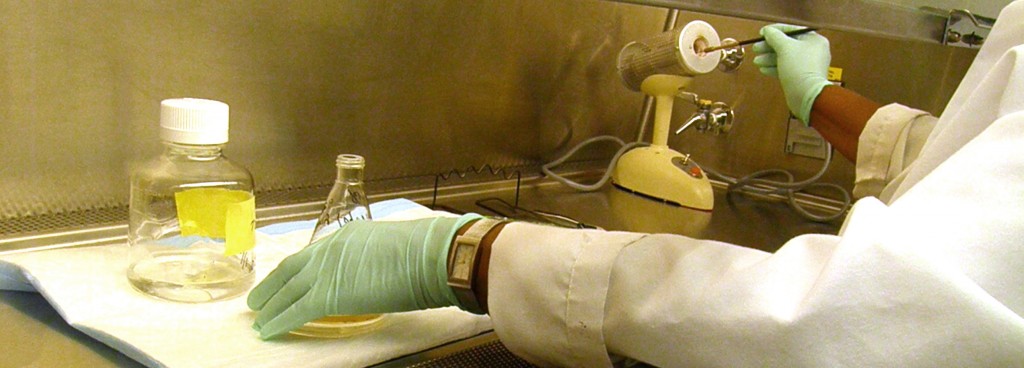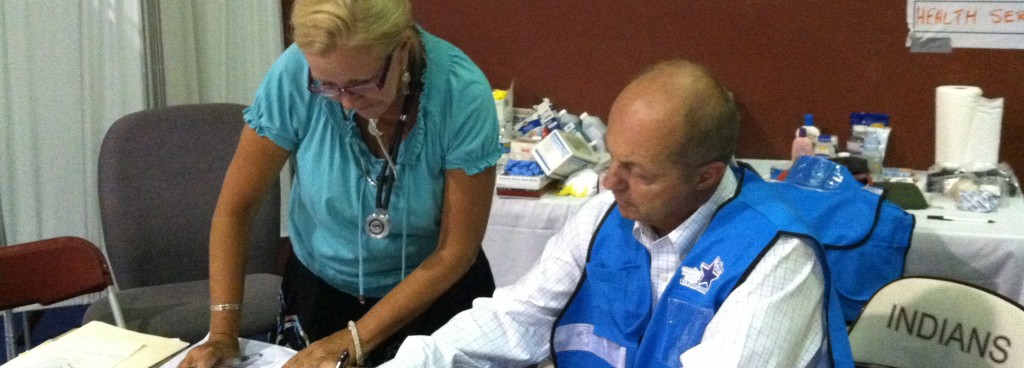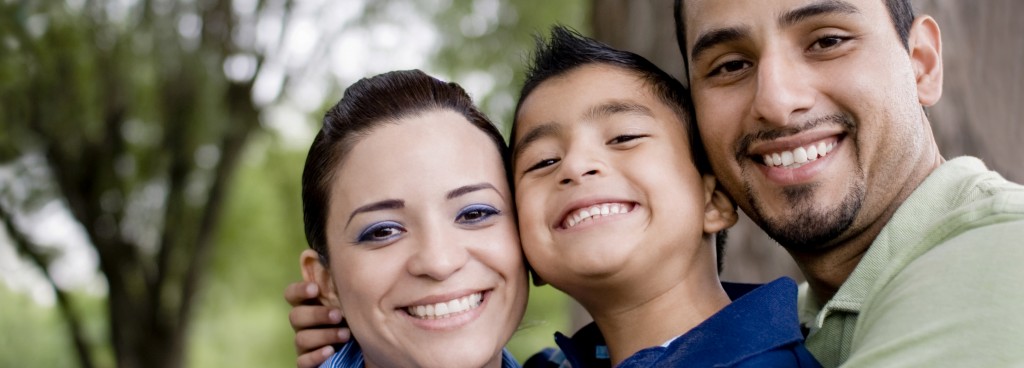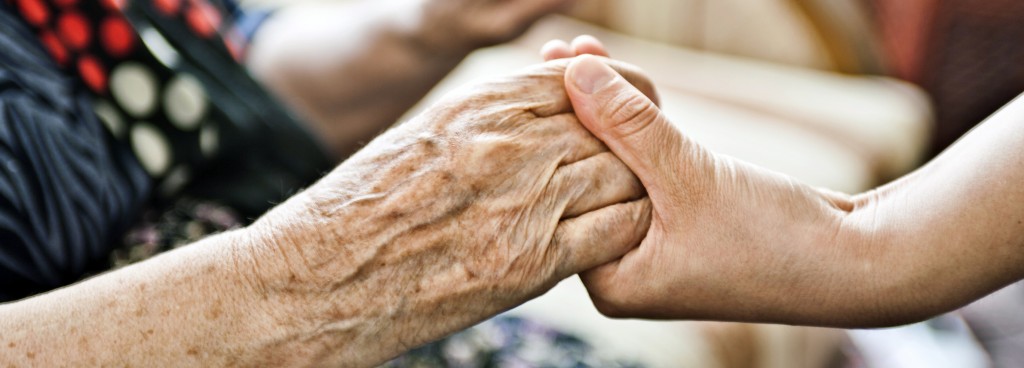Categories: General, Preparedness, Response
September 28th, 2012 12:54 pm ET -
Blog Administrator

by Robert W. Block, MD, FAAP, President, American Academy of Pediatrics
@DrBobBlock on Twitter
Children are not just small adults; their growing minds and bodies have unique physical, physiological, developmental and mental health needs. These differences become especially apparent—and warrant increased attention and care—before, during and after a disaster strikes.
 Post a Comment -
Read more
Post a Comment -
Read more

Categories: Anthrax, Disease Investigation, Disease Outbreak, Preparedness, Response
September 26th, 2012 10:14 am ET -
Ali S. Khan

You can’t respond to threats if you don’t know what they are, which is one reason that laboratories play such an important role in public health. Public health laboratories have helped detect all kinds of threats to the public’s health; including anthrax, monkey pox, novel flu viruses, and foodborne disease outbreaks caused by germs like listeria.
 3 Comments -
Read more
3 Comments -
Read more

Categories: General, Preparedness, Response
September 19th, 2012 10:31 am ET -
Blog Administrator

Volunteering with the Medical Reserve Corps
One of the strongest threads woven into the fabric of American culture is that of volunteer service. When someone is in need, we ask what can be done to help. This is never more evident than during a time of disaster. As we recognize September as National Preparedness Month, it is important to note that being involved in preparing your community for disaster puts you in the best position to help during a disaster as well as insure your county, city, or town is able to quickly recover and regain its footing.
 2 Comments -
Read more
2 Comments -
Read more

Categories: General, Natural Disasters
September 12th, 2012 1:07 pm ET -
Blog Administrator
 We’re pleased to welcome Tala Hooban from the Administration on Children and Families to Public Health Matters. Tala works in ACF’s Office of Human Services Emergency Preparedness and Response and understands the importance of keeping families safe and together during a disaster.
We’re pleased to welcome Tala Hooban from the Administration on Children and Families to Public Health Matters. Tala works in ACF’s Office of Human Services Emergency Preparedness and Response and understands the importance of keeping families safe and together during a disaster.
I was in high school when 9/11 happened and all I remember was the chaos that ensued after. I went to school in Northern Virginia, where many of the students’ parents worked in Washington D.C., including at the Pentagon. It was really sad to see how many students could not get ahold of their parents because phone lines were down; this is even before cell phones were a big deal. That was exactly the moment where a family emergency plan could have been helpful. If you can’t get a hold of your family during and after an emergency what do you do? Where do you meet if you are split up? How do you reach each other?
 5 Comments -
Read more
5 Comments -
Read more

Categories: General, Natural Disasters, Preparedness
September 5th, 2012 10:29 am ET -
Blog Administrator

By Maggie Silver
When the Cedar River flood waters began to rise in Iowa most residents were able to see the impending danger and safely evacuate their homes. But Donna, an elderly woman living in a secluded section of town is blind, and couldn’t see when her basement began to fill with water. Since she doesn’t watch TV she didn’t see or hear the warnings on the local news. When the police and fire department came out to her flooded house to rescue her she was suspicious of the men knocking on the door telling her she needed to leave.
 7 Comments -
Read more
7 Comments -
Read more

Categories: Disease Investigation, General
August 22nd, 2012 4:01 pm ET -
Blog Administrator
 The practice of tattooing has been around for thousands of years. These days, 21% of adults in the United States report having at least one piece of permanent artwork on their bodies.
The practice of tattooing has been around for thousands of years. These days, 21% of adults in the United States report having at least one piece of permanent artwork on their bodies.
Many people who receive these lasting tributes – to loved ones, to pop culture, to religion, or to whatever they’re into – generally know what to look for when selecting a reputable tattoo parlor. Does the artist wear gloves? Does the tattoo shop sterilize their equipment? Did the artist open a sterile needle in front of you? Are things like inks and ointments portioned out for individual use? If the artist can pass this mental checklist, most people feel pretty safe.
 13 Comments -
Read more
13 Comments -
Read more








